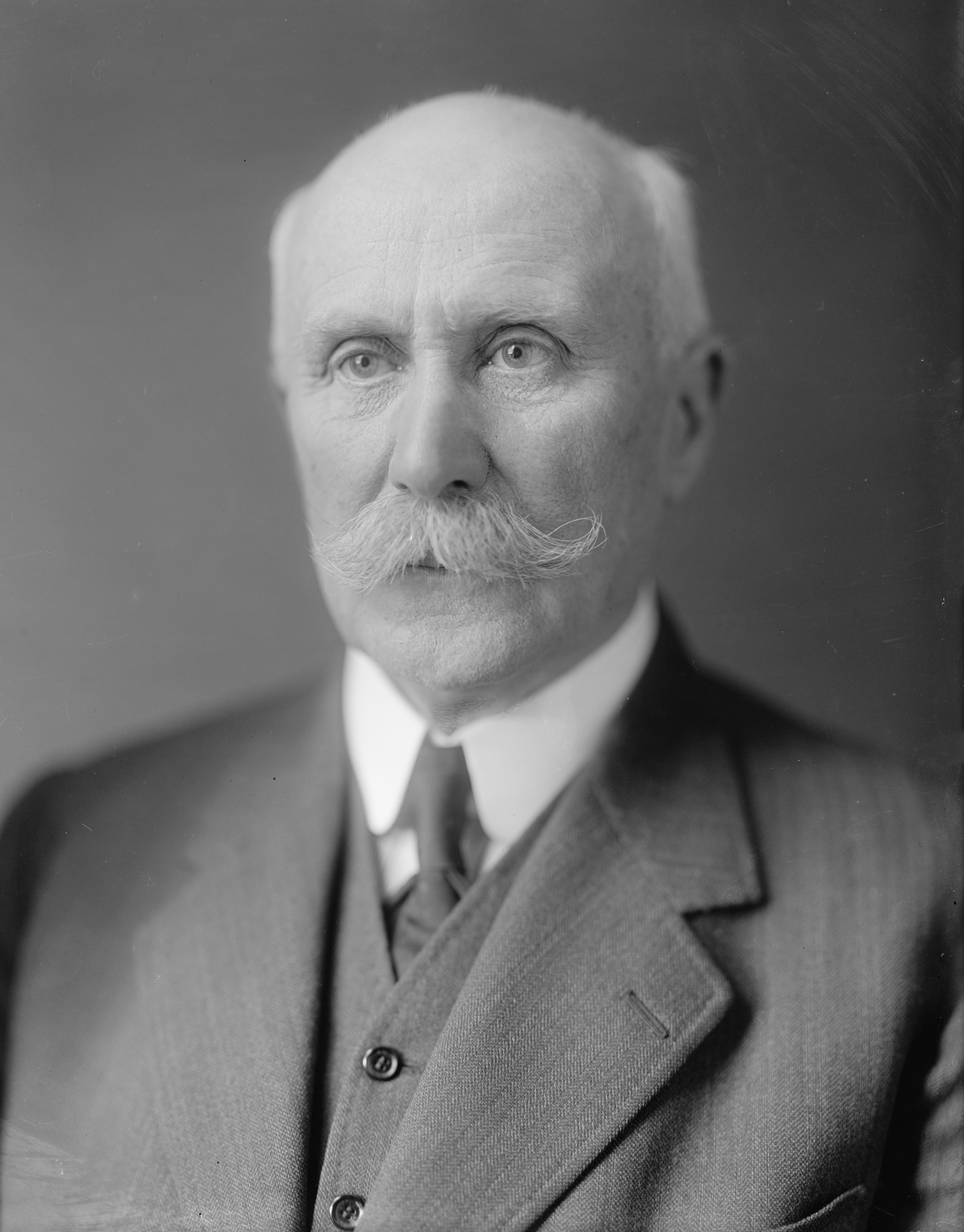Pétain, Henri Philippe, << `pay` TAN, ahn REE fee LEEP >> (1856-1951), became a national hero of France because of his military leadership in World War I (1914-1918). Yet he was later tried and imprisoned for treason because of his collaboration with Nazi Germany during World War II (1939-1945).

Military hero.
Pétain was born on April 24, 1856, at Cauchy-à-la-Tour, Pas-de-Calais. He was educated at the French military academy of Saint-Cyr and served as an army officer. In 1916, during World War I, he commanded the French forces in the defense of Verdun (see Verdun, Battles of ). Here he spoke his famous words “They shall not pass.” In April 1917, Pétain was made chief of staff. He served as commander in chief on the Western Front from May 1917 to March 1918. Pétain was made a Marshal of France in 1918.
Political career.
Pétain served briefly as minister of war in 1934. His critics accused him of secret hostility to the French Republic and also of sympathy for the dictatorial government of Francisco Franco in Spain . He served as ambassador to Spain in 1939 and 1940. Pétain was called home to be vice premier of France in the desperate World War II days of May 1940, when France was unable to stop a German invasion. On June 16, 1940, at the age of 84, Pétain became premier. Against the objections of some of his colleagues, he arranged an armistice with Germany.
Collaborator.
Pétain became “chief of state” in the French government when its capital moved to Vichy . He accepted collaboration with the Germans as an inescapable necessity. But he also saw it as an opportunity to reshape France along authoritarian lines. His government undertook measures against Jews, paid heavy financial tribute to the Germans, and sent many French workers to Germany. Pétain’s chief supporters included veterans who had served under him in World War I.
The Germans overran all of France in 1942. But Pétain, though essentially powerless, insisted on maintaining a false appearance of French sovereignty. After Allied troops landed in France in June 1944, he was taken to Germany, where he remained until after the war. In 1945, Pétain was returned to France. He was tried and convicted of treason. Pétain died in prison on July 23, 1951.
